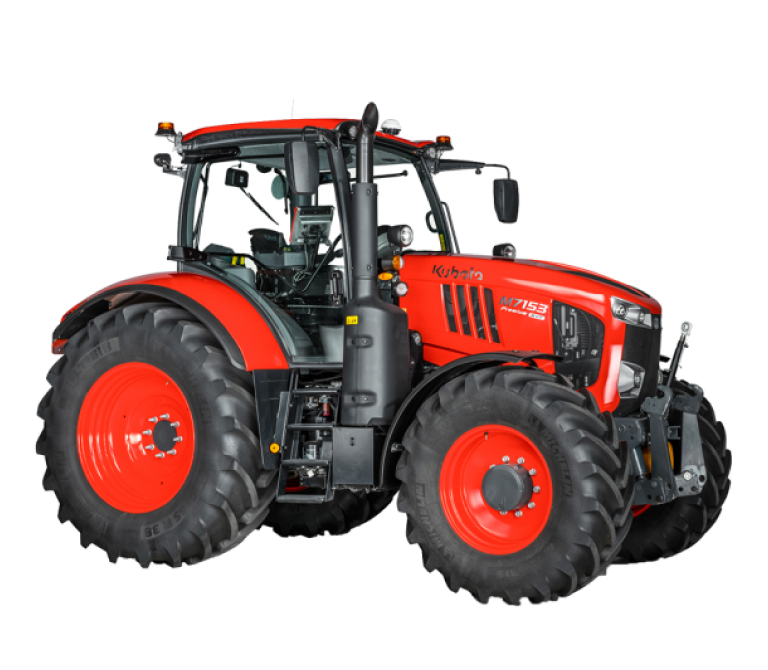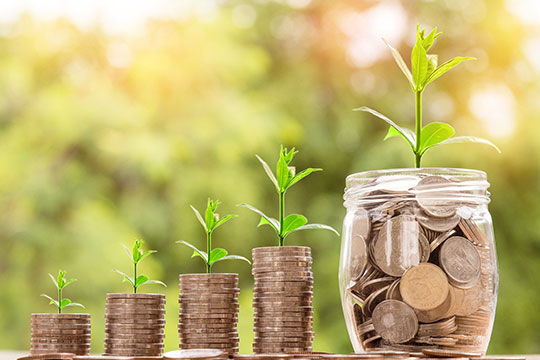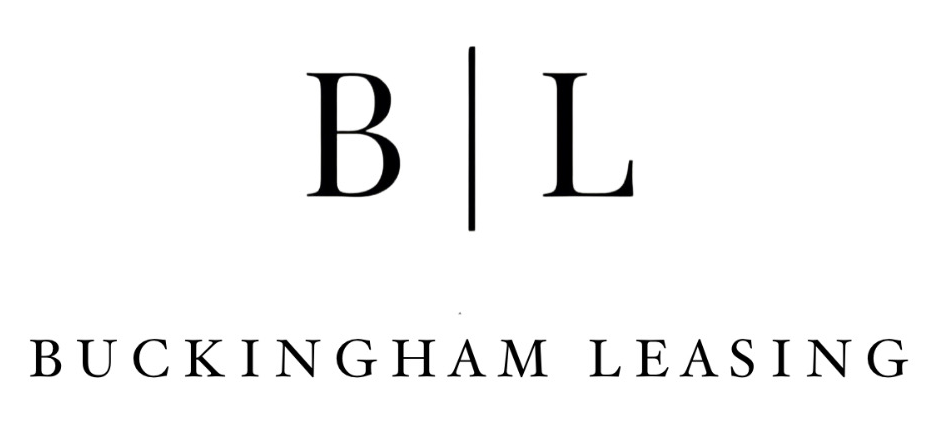Leasing vs Buying Agricultural Machinery


Running an agricultural business, no matter how large or small can at times be daunting especially when procuring up-to-date and more efficient machinery. With both technology and weather patterns everchanging, being proactive whilst keeping a watchful eye on your cashflow has never been so important. Knowing when to pay outright and when to lease has a monumental effect on maximising your efficiency and output, reducing your tax expense, and ultimately preserving your cashflow.
Before we discuss both leasing and buying agricultural machinery it is important to understand the different leasing options available. Leasing can be undertaken in the form of two financial contracts, namely, an operating lease or contract hire. Please see below a summary of both options:
Operating Lease
- Pay fixed rentals (monthly, quarterly, semi-annually, annually) over 1-7 years – hand back the asset to the dealer/ third party at the end of the term
- No deposit required, VAT payable on each lease payment
Contract Hire
- Pay fixed rentals (monthly, quarterly, semi-annually, annually) over 1-7 years – hand back the asset to the dealer/ third party at the end of the term
- No deposit required, VAT payable on each lease payment
- Maintenance/ service costs can be included on rentals and are interest free
In this article, we will be looking at leasing vs buying agricultural machinery by discussing budgeting & cashflow, technology & maintenance, tax and balance sheet.
- Budgeting & Cash Flow
Whether you are looking at procuring a tractor, a combine or a baler, leasing ensures you can maintain full financial control giving you the ability to forecast your business expenditure. Under a lease agreement no deposit is required and the payment profile can be built to suit the requirements of your business (monthly, semi-annual, annual, or bespoke). For example, with an asset such as a combine where the machine is used during a set period of the year, leasing allows you to pay seasonally so you are only paying during the months where the asset is being used. In addition, with an agricultural lease you will never repay the full asset value with lower repayments over the duration of the agreement. Conversely, paying out in full for an agricultural asset could push you over your budget threshold. With the price of machinery increasing each year due to both the improvement in technology and change in regulation, paying in full requires significant capital expenditure which in turn could push you into an unarranged overdraft or leave you in a serious predicament. From a budgeting and cashflow perspective agricultural leasing should be seriously considered.
- Technology & Maintenance
Farming has never faced so many challenges, including agricultural intensification, post-Brexit labour shortage, dairy prices, and climate change. It has never been so important for farmers to use up to date, environmentally friendly and efficient machines to maximise profits and remain fully compliant. Leasing tractors as an example allows you to have a structured replacement cycle, ensuring you can benefit earlier from the latest environmentally friendly and efficient technology. In addition, rather than having to worry about one off maintenance costs or surprise repair costs which you may not have budgeted for, contract hire allows you to include an interest free maintenance package into your profile so the costs can be budgeted accordingly. In turn, this will alleviate any concerns you have with the challenges your farm faces. In contrast, paying in full for the latest respective machine requires a large amount of capital which may put your plans to change your machine on hold. Without thinking this will immediately impact your business as you will be using a machine which may not do the job at hand as well or may take double the time. Additionally, your replacement cycle will not be structured and your ability to plan ahead will be decreased leaving you in a potentially difficult situation.
- Tax
From a tax perspective leasing allows the customer to take advantage of capital allowances giving you the ability to deduct a percentage of the associated costs from your taxable profits on an annual basis. Additionally, leasing machinery with a maintenance package (contract hire) allows you to charge your periodic maintenance expense to your profit and loss which subsequently decreases the company’s taxable income. Whether you pay in cash, finance through hire purchase or lease an agricultural machine you can deduct a proportion of the cost from your taxable profits each year. However, it has been announced farmers will not be able to offset as much equipment expenditure against tax from early 2021. The annual investment allowance (AIA) gives businesses the option to offset the full value of each qualifying item from their profit before tax. The maximum deductible amount is set to decrease from £1m to £200,000. As a result, by leasing a machine over a period of several years means you can reduce each annual tax bill as opposed to only one if you pay outright.
- Balance Sheet
In relation to balance sheet, leasing a machine by contract hire or operating lease means you will not take ownership at the end of the term. In contrast, paying cash or financing machinery by hire purchase means you will take ownership. By choosing to pay cash or finance by hire purchase ensures you build equity in a machine which in turn increases asset value on the balance sheet. On the contrary, choosing to lease equipment allows you to preserve your most important asset, cash. Cash does not reduce on your balance sheet for any other reason other than spending it, whilst the balance sheet value of machinery will decrease each year due to depreciation. Taking all of the above into consideration, it is worth looking into leasing more closely as it may just be the answer to helping your farm adapt for the better.
To conclude, the industry of agriculture is going through a period of change and adapting is the best way to safeguard the long-term survival of family farms which have been going for generations. A lease whether it be for a tractor, combine or any machine should be seriously considered for all of the reasons mentioned, including cashflow, technology, tax and balance sheet. If you have any questions or would like any advice on leasing a tractor or any other assets please contact us today for a free and friendly discussion about your requirements.
Jack Bridges
Buckingham Leasing
